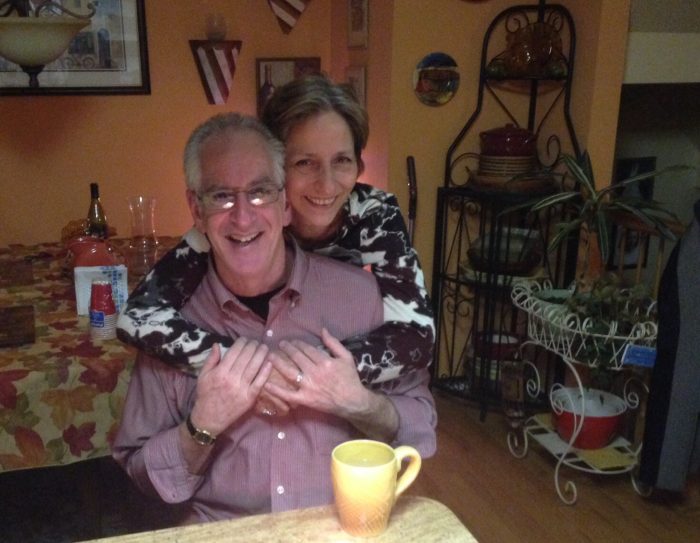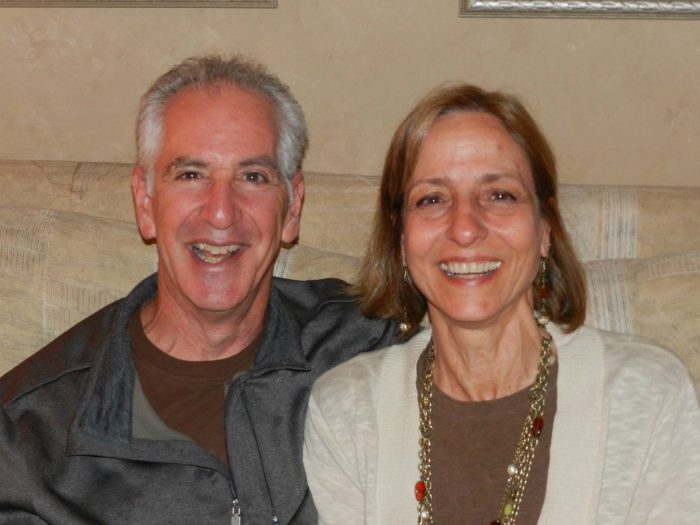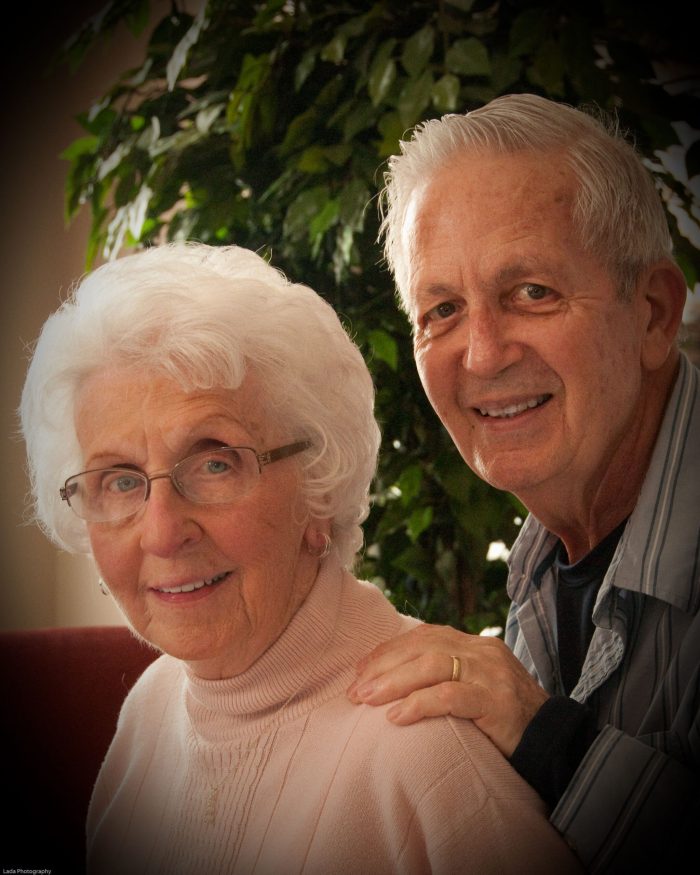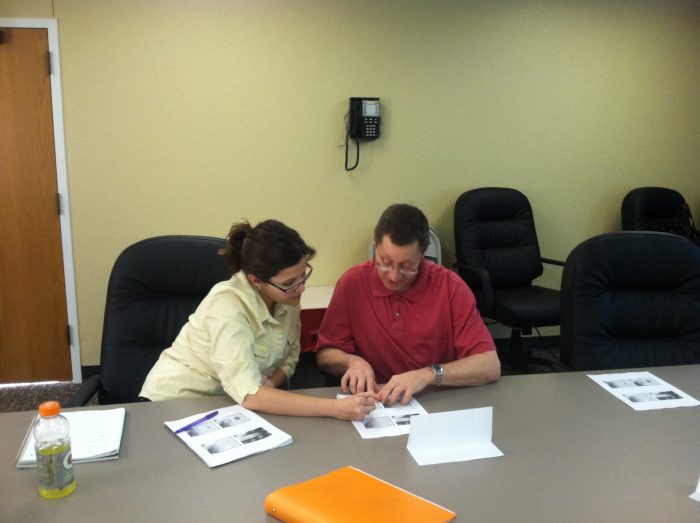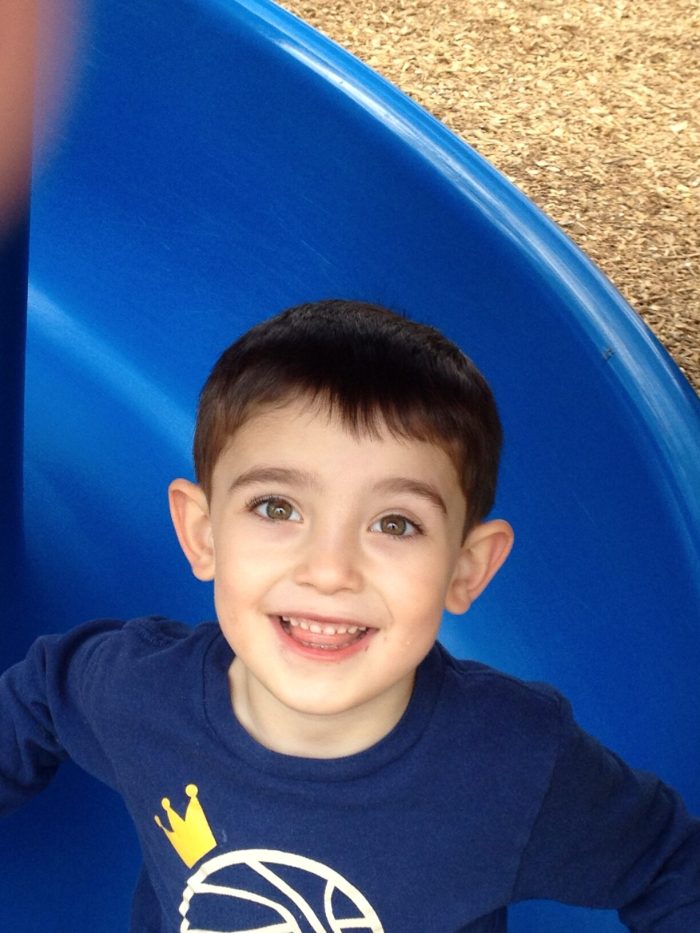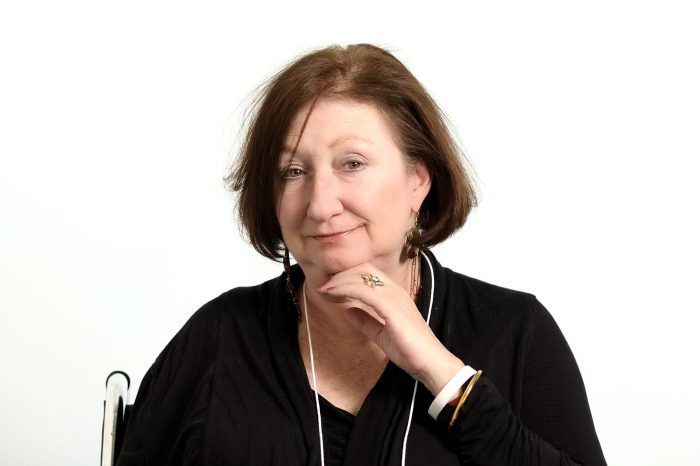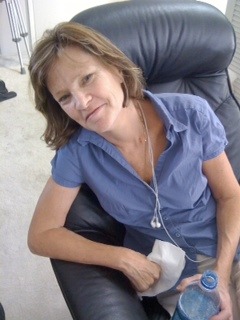The game of Charades
My husband had a stoke just over 3 years ago and we have been living with aphasia ever since. At times aphasia feels like the 3rd person in our marriage. My husband has come along way with the help of many including the stroke comeback center. As a caregiver I hav come a long way…

